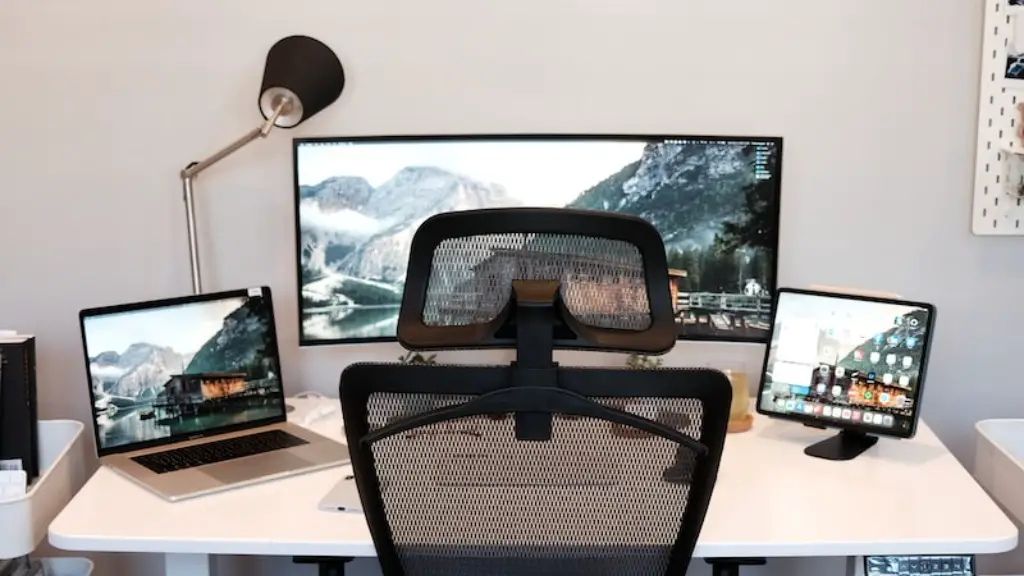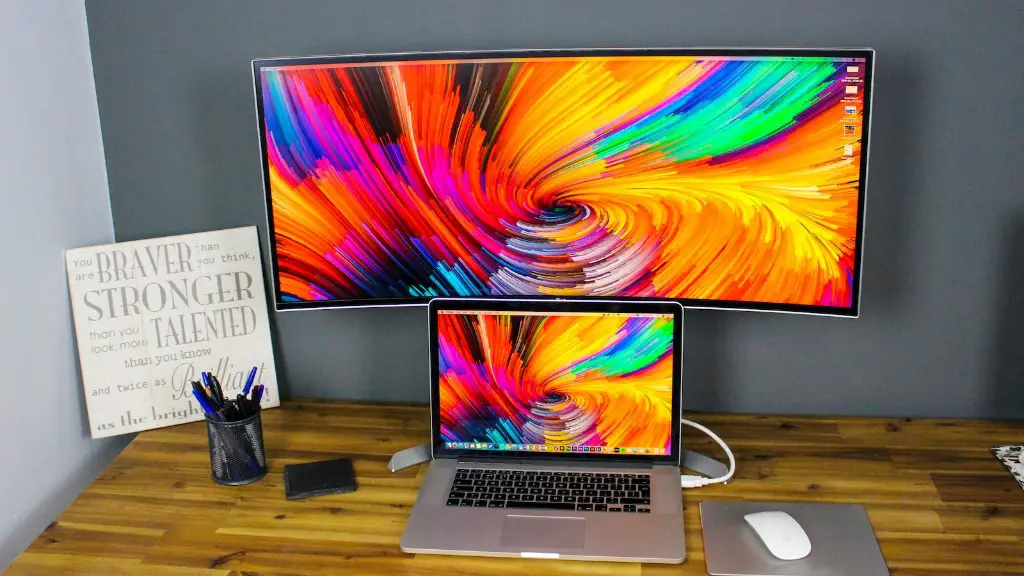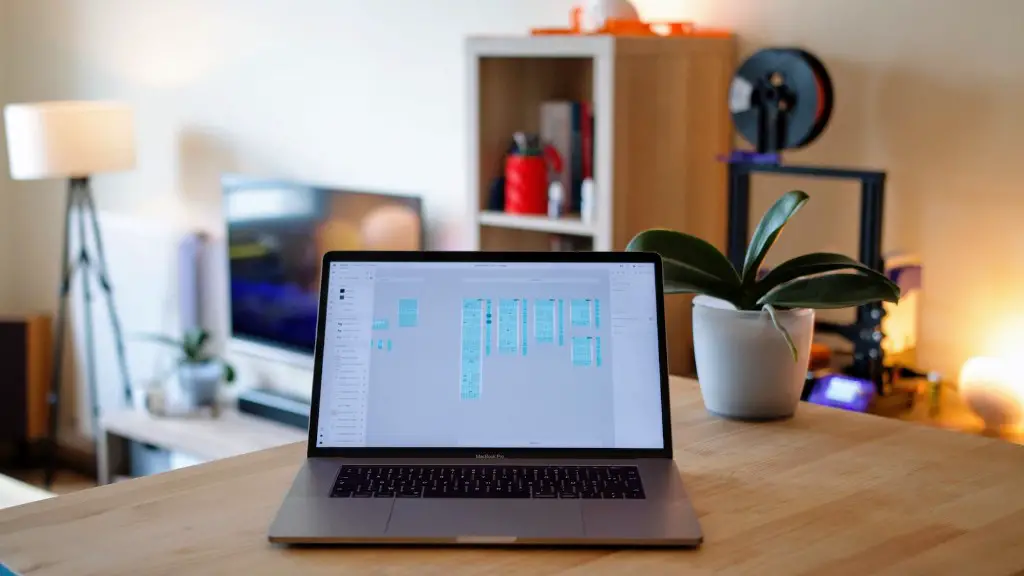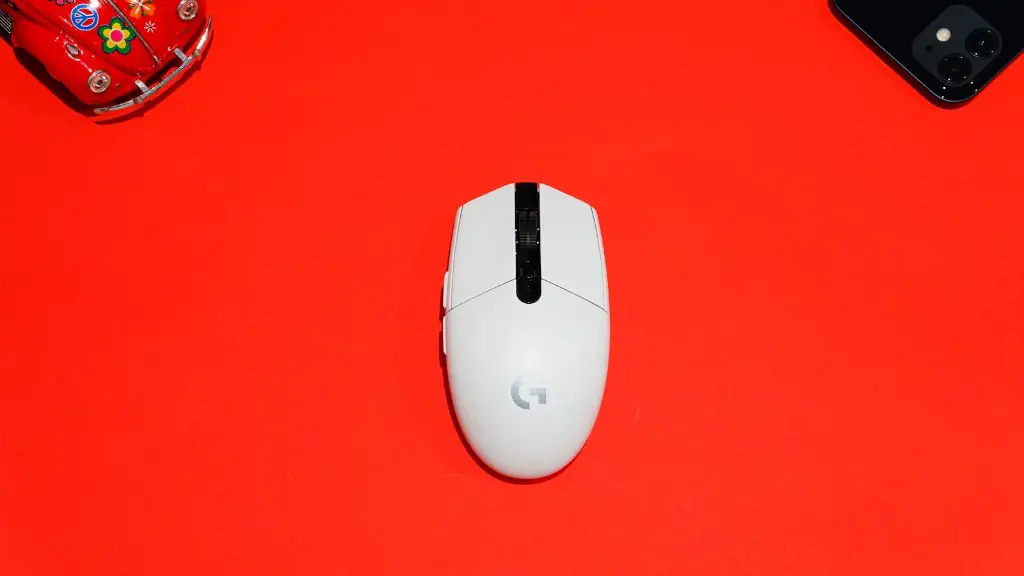Gaming PC’s are becoming increasingly popular due to their powerful hardware and expansive gaming libraries. But how much electricity do they use? Although playing games on a gaming PC will require more electricity than playing on a console, the difference can be minimized by being aware of the power settings.
When setting up a gaming PC, there are several settings that can be adjusted in order to minimize power consumption. The monitor settings, the power settings for the computer itself, and the game settings should all be taken into account. By setting the monitor settings to the correct settings, power consumption can be reduced significantly, as some modern monitors come with features like power saving modes.
When it comes to the settings for the computer itself, many gaming PCs have a ‘High Performance’ mode which is designed for gaming, and can draw more power than other settings. Keeping the computer at the medium or low power settings, or enabling a Power Saving mode will help to keep the power consumption down.
Finally, when it comes to the in-game settings, some games have an option to limit the maximum frames per second, or to limit the resolution. Having higher frames per second or higher resolution settings will draw more power, so setting this lower can help to save on power consumption.
In conclusion, gaming PCs can draw a lot of electricity, but some measures can be taken to reduce it. By setting the monitor settings and the power settings on the computer to their most efficient settings, and ensuring the game settings are limited as much as possible, gaming PC’s can be much more efficient when it comes to power consumption.
What Components Use Most Of The Electricity?
When looking at the power consumption of a gaming PC, the graphics card, processor and RAM tend to be the most power-hungry components. The graphics card, in particular, is the component that draws the most power, with the processor and RAM using the next most power. This can be minimized by opting for components that offer better efficiency and higher performance.
Another important factor to consider when looking at the power consumption of a gaming PC is the number of components. Adding additional components, such as storage drives and additional fans, will cause the power consumption to increase. Therefore, it is important to consider the number and type of components when selecting components for a gaming PC.
Finally, when it comes to the power supply, it is important to make sure it is capable of powering all of the components. It is recommended to have a power supply with at least 10% more power than the system requires, to ensure the components are able to get the power they need.
How Can The Power Consumption Be Reduced?
When it comes to reducing the power consumption of a gaming PC, the first step is to ensure the components are as efficient as possible. Opting for components with higher efficiency ratings and selecting components that offer greater performance to power ratio is important.
It is also important to ensure the power settings on the PC are set to their most efficient settings, while still ensuring the performance is still acceptable. Also, many games have options to limit the resolution or the maximum frames per second, which can help to reduce power consumption.
Finally, it is important to consider the number of components used in the system. The more components there are, the greater power will be required to power them. Therefore, when building a gaming PC, it is important to consider the number and type of components to ensure the power consumption is kept to a minimum.
What Are The Benefits Of Lower Power Consumption?
There are several benefits to lowering the power consumption of a gaming PC. Firstly, it can help to reduce the cost of electricity bills, as the power consumption is directly related to the electricity bill. This can be especially beneficial for gamers who play for long periods of time.
Lower power consumption can also help to reduce the environmental impact of a gaming PC. Lower power consumption means lower emissions, which can help reduce gaming’s environmental impact. Additionally, many game developers have implemented ‘green’ gaming measures, such as allowing gamers to offset the environmental impact of their gaming activities by purchasing carbon offsets.
Finally, lower power consumption can improve the performance of gaming PCs. As the components use less power, they can run cooler, which reduces the risk of thermal throttling and can allow for greater performance over longer gaming sessions.
What Are The Possible Drawbacks?
Lowering the power consumption of a gaming PC can have its drawbacks, as it may lead to reduced performance or an inferior gaming experience. If components become limited in power, they may not be able to run at their maximum potential, leading to reduced performance and an overall inferior gaming experience.
Additionally, this process can be time consuming, as components must be researched and the power settings must be adjusted. Additionally, the power supply must be capable of powering the entire system, and some games may be limited in their settings.
However, in many cases, the benefits of lower power consumption outweigh the drawbacks, as the electricity bills can be significantly reduced, and the environmental impact of gaming can be reduced. This is particularly beneficial for those who game for extended periods of time, as the cost savings can be significant.
Why Is This Important For Gamers?
Lowering the power consumption of a gaming PC is important for gamers, as it can help to reduce the electricity bills and help to offset the environmental impact of gaming. Additionally, by ensuring the components are as efficient as possible, and by taking advantage of power-saving options, gamers can ensure they are getting the best performance possible, while still keeping the power consumption low.
Additionally, many game developers are implementing various green gaming measures, such as allowing gamers to purchase carbon offsets to help offset the environmental impact of their gaming activities. This is becoming increasingly important for gamers, as more and more people are becoming aware of the environmental impact of gaming.
Finally, lower power consumption can help to improve the performance of gaming PCs, as the components will generate less heat, helping to reduce the risk of thermal throttling. This can help ensure gamers can get the most out of their gaming PCs, while still keeping their electricity costs low.





